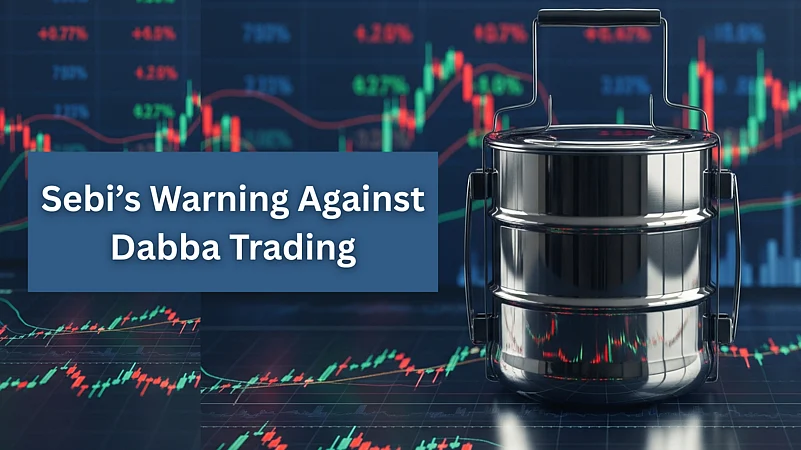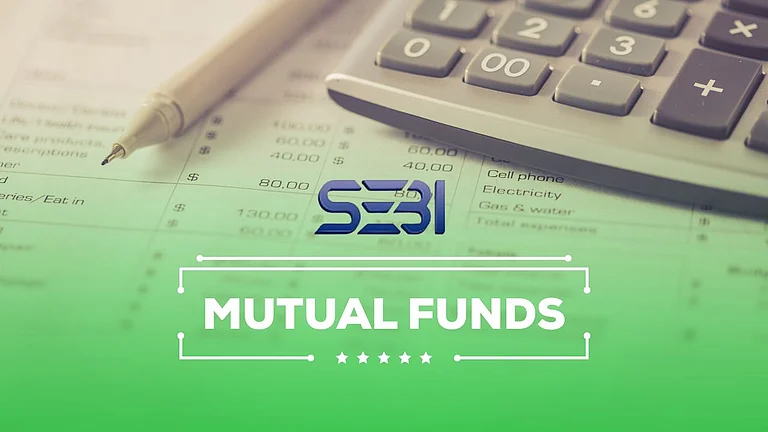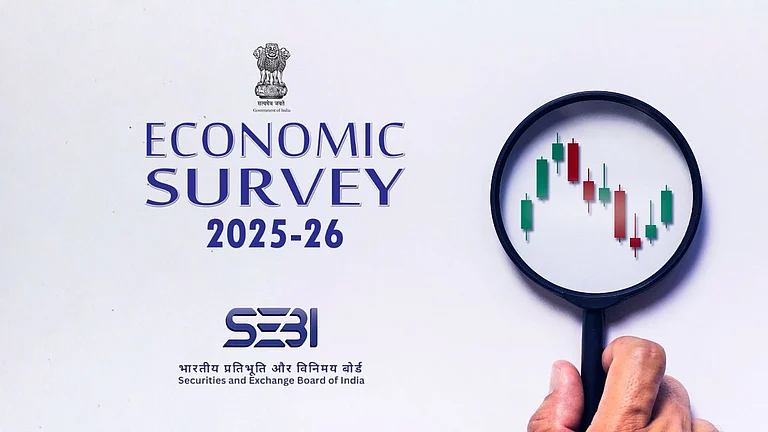Sebi Dabba Trading: The capital market regulator, Securities Exchange Board of India (Sebi), urged investors not to engage in illegal trading activities such as dabba trading. The Sebi added that it has taken serious notice of a newspaper advertisement which sought to promote dabba trading. The NSE and the Sebi also issued a formal communication to the newspaper and lodged a complaint with the cyber police. Additionally, the market regulator has also sought legal action against the entity and other entities involved. Sebi also urged the Advertising Standards Council of India (ASCI) to look into the matter to evaluate whether the advertisement violates advertising standards.
Amid Sebi’s push to discourage dabba trading, it is important to understand why such practices are discouraged and the kind of risks investors end up exposing themselves to by engaging in such trades.
What Is Dabba Trading
Dabba trading is an illegal method of conducting trades or betting on the potential movement of the prices of securities. Typically, such trade activities take place outside the official exchanges and the purview of the Sebi. Such trades are managed by the dabba operators.
One common form of dabba trading involves entities referred to as ‘brokers’ or ‘operators,’ who act as intermediaries between buyers and sellers for any scrip. Once the buyer and seller are connected, the stock is purchased, and a part of the traded value is received by the intermediary as commission for enabling the trade. For example, if an investor ‘A’ wishes to buy 10 shares of ABC company at Rs 100 apiece, the dabba operator will connect A with another investor who wishes to sell his shares at the same price. Once the deal is done, the operator will receive a pre-determined percentage of the total transaction as fees.
Often, dabba trading also takes place on the basis of price movements, wherein the operator sets up a system in which investors can bet on the rise or fall in price of a security. If the price of the security goes up or down in accordance with what the investor has predicted, the investor makes a profit. However, if the bet fails, the money goes to the dabba operator.
Dabba trading in its various forms often lures new stock market participants with promises of bypassing taxes. Since the trades take place outside the purview of the regulatory authorities, the buying and selling of shares is conducted without the payment of Securities Transaction Tax (STT) and Commodities Transaction Tax (CTT). Dabba operators also bait stock market participants with promises of relatively lower trading costs, as they do not have to pay brokerage fees, stamp duty, etc. Often, dabba operators also try to attract investors by offering quicker trades and prices that are manipulated to look better than the price the security is quoting at the exchange.
Perils Of Dabba Trading
Despite the many reasons that may attract market participants to engage in dabba trading, the activity is illegal according to Section 23(1) of the Securities Contracts (Regulation) Act (SCRA), 1956.
Participating in dabba trading also violates the Bhartiya Nyay Sanhita, 2023. Notably, participating in such activities can lead to a prison sentence of up to 10 years or a fine of up to Rs 25 crore or both.
Apart from the fines and penalties, market participants should not engage in such activities, as they leave the participants without any recourse if they are cheated. Unlike legitimate trading activities for which investors can seek grievance redressal, no such mechanism exists for dabba trading. Investors should prioritize their safety and not undertake any kind of dabba trading.
As participation in the Indian securities market rises, dabba trading becomes a troubling practice that can hamper the security of the overall financial market and lead to price manipulation. Thus, investors should avoid such illegal trade practices and only trade through the legitimate modes of trading through the exchanges.
















